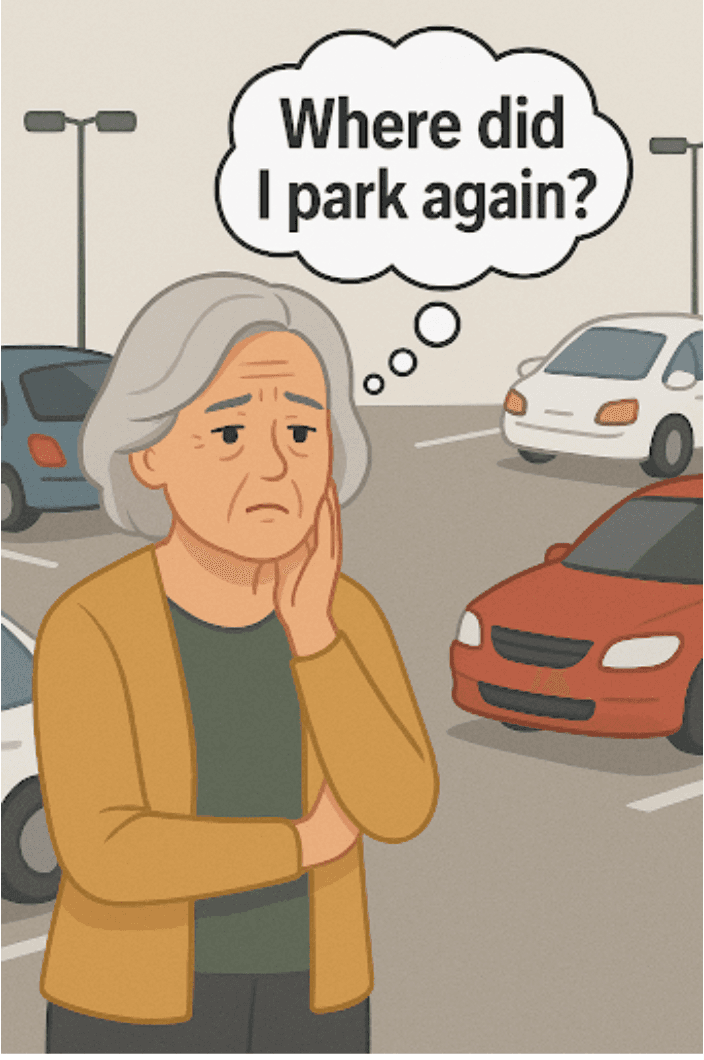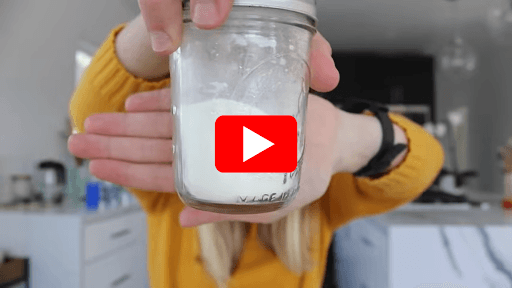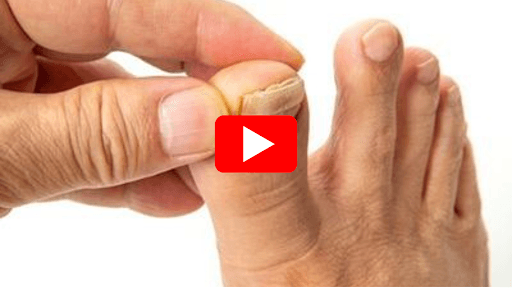We CAN Prevent and REVERSE Alzheimer's Disease | Dr. Heather Sandison
The alarming rise in dementia cases is set to affect 78 million people worldwide by 2030. However, not all hope is lost. Experts stress that poor health, even related to brain function, isn't an inevitable part of aging.
"Is your cognition better? Is your quality of life better?" — A pivotal question in dementia treatment.
It’s paramount to address misconceptions around genetics. Many assume the date of birth, gender, and genetic markers outweigh changeable risk categories. New evidence indicates otherwise.
- 50% of dementia cases could be prevented or postponed.
- Health changes not only delay symptoms but enhance cognition and mood.
Adopting healthier lifestyle choices, such as diet adjustments, sufficient sleep, regular exercise, and forming meaningful relationships, significantly lowers dementia risks. This approach draws parallels to preventing heart diseases and highlights preventable elements that matter most.
Exercise, particularly for APOE4 gene carriers—often termed the “Alzheimer’s gene”—has statistically delayed onset signs by over a decade according to studies. For many, enhancing diet and movement witnessed immediate and prolonged benefits inclusive of enriched memory function.
An evolving line of inquiry acknowledges that amyloid removal isn't the remedy alone. Experts encourage patients to delve deeper, unearthing trigger causes and playing an active role in detangling their contributive lifestyle patterns.
"A complex organism will respond to myriad inputs; we must cater to those vital to life."
Illustratively, Darlene came to specialists with barely any recollection capability and shortly astonished them with noticeable language improvements merely weeks later. After embracing diet adjustments, physical activities, hormonal therapies, and environmental alterations, her essence glimmered again—a story that stirs optimism and dedication among caretakers.
Her recovery grants insight into the considerable role caregivers assume. Darlene's husband’s unwavering faith brought transformative experiences forward where skeptic perceptions abound, marking precedent advancements succeeding in lesser predictable settings.
Ultimately, the assorted strategies culminating into Darlene's advancements reflect susceptibility toward cognitively align assemblages streamlining fulfilled lifelines.
From Around The Web
Wellness Inbox is a blog & weekly newsletter that curates trending news and products related to health and wellness from around the web. We also gather content from various sources, including leading health professionals, and deliver it directly to you.
Please note that we may receive compensation if you purchase any products featured in our newsletter. Wellness Inbox is not affiliated with, nor does it endorse, any health professionals whose content may appear in our newsletter. The information provided is for general informational purposes only and should not be considered medical advice.
The information provided is not intended to replace professional medical advice, diagnosis, or treatment. All content, including text, graphics, images, and information available is for general informational purposes only. We do not guarantee the accuracy or completeness of any information presented and assume no liability for any errors or omissions. The content is subject to change without notice. We encourage you to verify any information with other reliable sources and consult your physician regarding any medical conditions or treatments.







